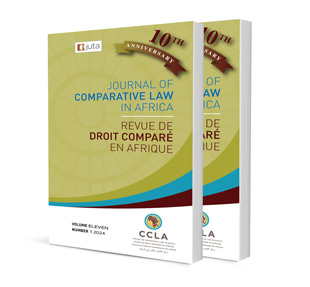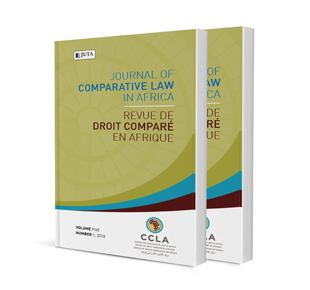Tobacco Labelling and Advertising Rules: Lessons from Other Countries for Zimbabwe

Tobacco Labelling and Advertising Rules: Lessons from Other Countries for Zimbabwe
Author: Christopher Munguma
ISSN: 2521-2605
Affiliations: LLB (Zimbabwe), LLM (Africa University, Zimbabwe), DPhil Intellectual Property candidate, Lecturer at Africa University, Zimbabwe
Source: Journal of Comparative Law in Africa, Volume 11 Issue 1, p. 56 – 83
https://doi.org/10.47348/JCLA/v11/i1a3
Abstract
This paper analysed the approach that has been taken by four countries in controlling tobacco usage through advertising and labelling rules. The paper is a documentary analysis and literature review of primary and secondary legal sources. The paper considered the national approaches adopted by the Commonwealth of Australia, the United Kingdom (UK), Thailand and Zimbabwe. The first three nations were used as examples that can offer lessons to Zimbabwe on how international tobacco control obligations are met. Australia and the UK were the first two countries to adopt plain packaging and hence offer some best practices. Thailand, on the other hand, was the first developing country to adopt plain packaging rules. Thailand’s case shows that developing countries can also adopt sound tobacco control rules. The Australian law led to several national and international legal challenges that were resolved in favour of Australia. The legal domestic challenges against standardised packaging in the United Kingdom were also resolved in favour of the British government. It was established in the study that, despite acceding to the World Health Organisation Framework Convention for Tobacco Control (WHO FCTC), the Zimbabwean national legal framework is not yet compliant with the FCTC international treaty obligations. The laws of Zimbabwe are scanty and leave a lot of gaps in the control framework which have been exploited by tobacco manufacturers. This is unsatisfactory and calls for action on the part of the government.

